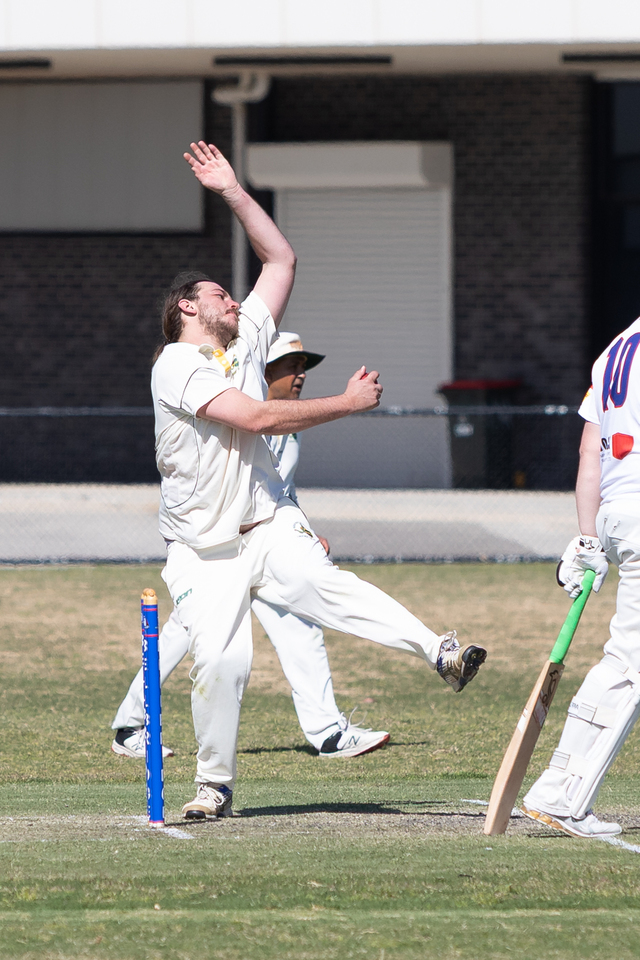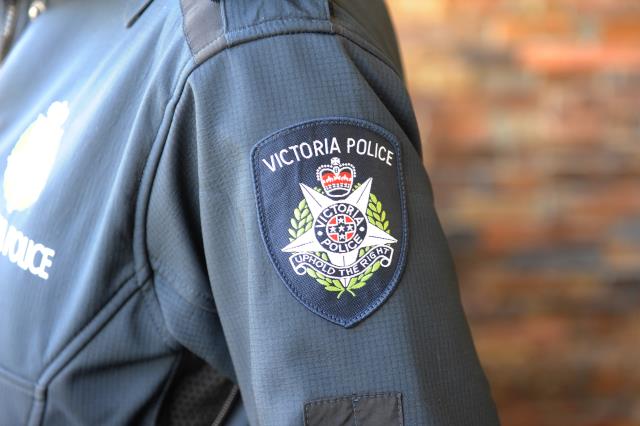SunSmart Victoria is deeply concerned about the high number of young adults and adolescents, including those in Wyndham, requiring emergency medical treatment for severe sunburn.
New data from the Victorian Emergency Minimum Dataset (VEMD) shows from July 2004 to June 2022, there have been over 4,700 presentations to emergency departments with the principal
diagnosis of sunburn, with half being adolescents and young adults (10–24 years old).
The data shows in total, 897 older adolescents (15-19 years), the most of any age group, have required assistance from our Victorian emergency departments for severe sunburn, closely followed
by 882 young adults (20-24 years) and 602 younger adolescents (10-14 years).
Head of SunSmart, Emma Glassenbury, said that over the summer daily routines can change, and people typically spend more time outdoors, leading to more incidental UV exposure and increased sunburn and skin cancer risk.
“People may be surprised to learn that severe sunburn requires emergency medical treatment. It is alarming to see Victorians, particularly children and young adults, needing to visit hospital emergency departments as a result of severe sunburn. We know there is significant burden on our health system and seeing as this is entirely preventable, we need to do everything we can to prevent this type of harm,” she said.
Director of the Victorian Melanoma Service at the Alfred Hospital, Associate Professor Victoria Mar, said that it is concerning to see emergency departments consistently treating severe sunburn, as this
is preventable with proper sun protection.
“When you have sunburn, your skin cells are significantly damaged. The damaged cells send signals throughout the body and cause pain, heat, swelling, tenderness, and blisters. These symptoms can
last for days, and people should do everything they can to prevent this damage,” she said.
“While sunburn is an immediate result of UV damage, ongoing UV exposure is a major contributing factor to skin cancer. Over 2,800 Victorians are diagnosed with melanoma each year, the most
aggressive form of skin cancer, so practising safe sun protection habits will lower your risk of sunburn and, in turn, melanoma.”
SunSmart Victoria recently launched the SunSmart Global UV app, bringing location-specific sun protection advice to your fingertips no matter where you are in the world.
SunSmart encourages Victorians, including teenagers, to download the app and set reminders, so they know when to use five forms of sun protection and prevent sunburn and UV damage.
“Because you can’t see or feel UV, you can easily be caught out. It’s vital to remember to protect yourself from UV using the five SunSmart steps – covering skin with clothing, wearing a sun
protective hat, reapplying sunscreen every two hours, seeking shade and wearing sunglasses,” Ms Glassenbury said.
“It is critical that all Victorians know when to protect their skin from the sun’s UV and pay extra attention during the months of November to February, when we see the highest number of presentations to emergency departments.”
For the best protection during the daily sun protection times, use all five SunSmart steps:
1. Slip on clothing that covers as much skin as possible
2. Slop on SPF30 (or higher) broad-spectrum, water-resistant sunscreen. Apply 20 minutes before going outdoors and re-apply every two hours.
3. Slap on a broad-brimmed hat
4. Seek shade
5. Slide on sunglasses







